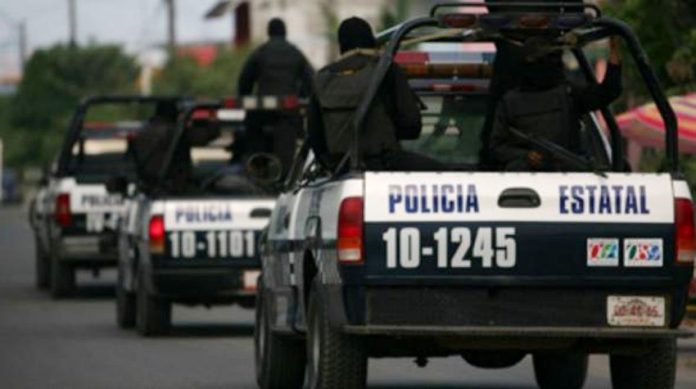Querétaro is one of the safest states in Mexico, according to data in a new security and justice report published by the public policy think tank México Evalúa.
The organization said Querétaro is one of 10 states where the homicide rate didn’t increase in the first seven months of 2018 compared to the same period last year.
It also said that the central Mexican state has the lowest rate in the country for the crime of femicide — the murder of a woman or girl on account of her gender — with no cases recorded between January and July.
The only other state where there were no femicides in the same period was Baja California Sur.
Across Mexico, there were 484 murders classified as femicides in the first seven months of the year, a 9.3% increase over January to July of 2017.
The state of México, Veracruz and Nuevo León recorded the highest figures for the crime with 54, 41 and 37 respectively.
Homicide numbers are also on the rise in Mexico, creating significant cause for alarm considering that 2017 was the most violent year in at least two decades.
México Evalúa, whose report is based on data from the National Public Security System (SNSP), reported that there were 19,478 homicide victims in the first seven months of the year, 3,156 or 19.3% more than the figure recorded in the same period last year.
In July, about 100 people were killed on average every day, while the daily average for entire year to date stands at 92.
The murder rate increased in 22 states, went down in nine and stayed the same in one — Querétaro.
Nayarit had the largest spike in percentage terms, recording a 227.3% increase, while Guanajuato reported the biggest surge in sheer numbers, from 831 murders in the first seven months of last year to 1,847 this year.
Nayarit has been plagued by violence since the arrest in the United States of former attorney general Édgar Veytia in March 2017 on drug trafficking charges, while a high percentage of the homicides in Guanajuato are attributed to pipeline petroleum theft.
México Evalúa concluded that a change of strategy is needed on security, adding that the starting point should be conducting an analysis of what is happening in different parts of the country and designing operational plans to confront each distinct reality.
Continuing with the same public security policies will only cause the crisis to worsen, it said.
President-elect Andrés Manuel López Obrador has pledged to change direction on security policy, possibly with an amnesty law for low-level criminals and the legalization of some drugs.
However, a plan to gradually withdraw the army and navy from public security duties on the nation’s streets appears to be on the backburner for the time being, with the president-elect declaring last month that neither state or municipal police are functioning properly and that the Federal Police are not ready to replace the military.
Source: El Universal (sp)
